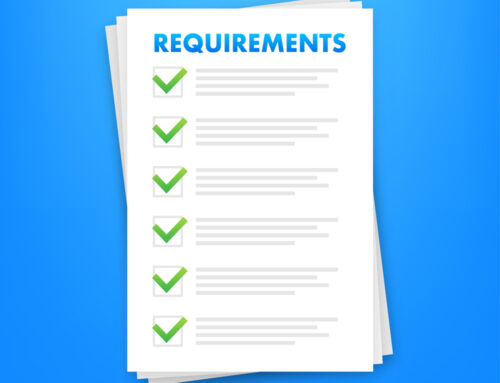 You’ve probably heard about Kyle Kashuv, the student whose admission to Harvard was rescinded after it came to light that he’d made racist comments online two years earlier. Kashuv didn’t post these comments on Twitter or Facebook or any sort of public forum; rather, he sent them in private text and Skype messages and typed them on a Google Doc that was shared with other students at his high school. The Huffington Post published Kashuv’s statements, which it claimed to have obtained from his classmates.
You’ve probably heard about Kyle Kashuv, the student whose admission to Harvard was rescinded after it came to light that he’d made racist comments online two years earlier. Kashuv didn’t post these comments on Twitter or Facebook or any sort of public forum; rather, he sent them in private text and Skype messages and typed them on a Google Doc that was shared with other students at his high school. The Huffington Post published Kashuv’s statements, which it claimed to have obtained from his classmates.
Despite making a public apology, Harvard rescinded Kashuv’s admission soon after this story broke, igniting a controversy about personal responsibility and whether an individual should be punished for something they said or did at age 16. In addition, Harvard’s decision raised questions about the responsibility of colleges to educate students like Kashuv, to give them the opportunity to learn from their mistakes and to expose them to people from different backgrounds and with different perspectives.
Regardless of your opinions about this incident, it is a cautionary tale from which other college-bound students can learn. College admissions counselors can and do look up students online, and what they find could affect your admissions decision. In 2018, Kaplan Test Prep surveyed admissions officers and high school students about whether it is “fair game” to review applicants’ profiles on social media sites like Twitter, Facebook, and Instagram. Nearly 400 admissions officers participated in the survey, and 68% of them said that checking social media profiles is “fair game.” Over 900 students were surveyed, and 70% of them agreed.
Yet, just because the majority of college admissions counselors think it’s ok to look at students’ online profiles doesn’t mean they actually do; in fact, only 29% of those surveyed said they engage in this practice. That number represents a decline from prior years: it was 35% in 2017 and 40% in 2015 (the highest percentage since Kaplan began asking the question).
Nonetheless, students would be wise to use caution when posting online. I’ve often heard this suggestion in regards to social media use: “If you wouldn’t want your grandmother to see it, don’t post it.” Perhaps it would be better to think in terms of, “If you wouldn’t want a college admissions counselor to see it, don’t post it.” That means not posting photos in which you or anyone else is doing something questionable and untagging yourself from any such photos that others have posted. It also means being careful what you write online, i.e., don’t say anything derogatory, offensive, or sexual. In light of the current political climate, it might be best to stay away from political posts as well.
If you’ve been using social media for a long time (say, since you were 13 or 14), it’s a good idea to review your accounts to make sure there aren’t old posts or photos that violate the above guidelines. You can also take steps to make your profiles harder to find and less visible by changing your privacy settings. Additionally, although the aforementioned survey didn’t ask about Googling applicants, it’s advisable to do a search for yourself every so often just to see what comes up.
Given what happened to Kyle Kashuv, you also should think twice before sending an inappropriate text message or posting in what you think is a private forum. If you’re questioning whether it’s inappropriate, it probably is, so when in doubt, don’t do it.





